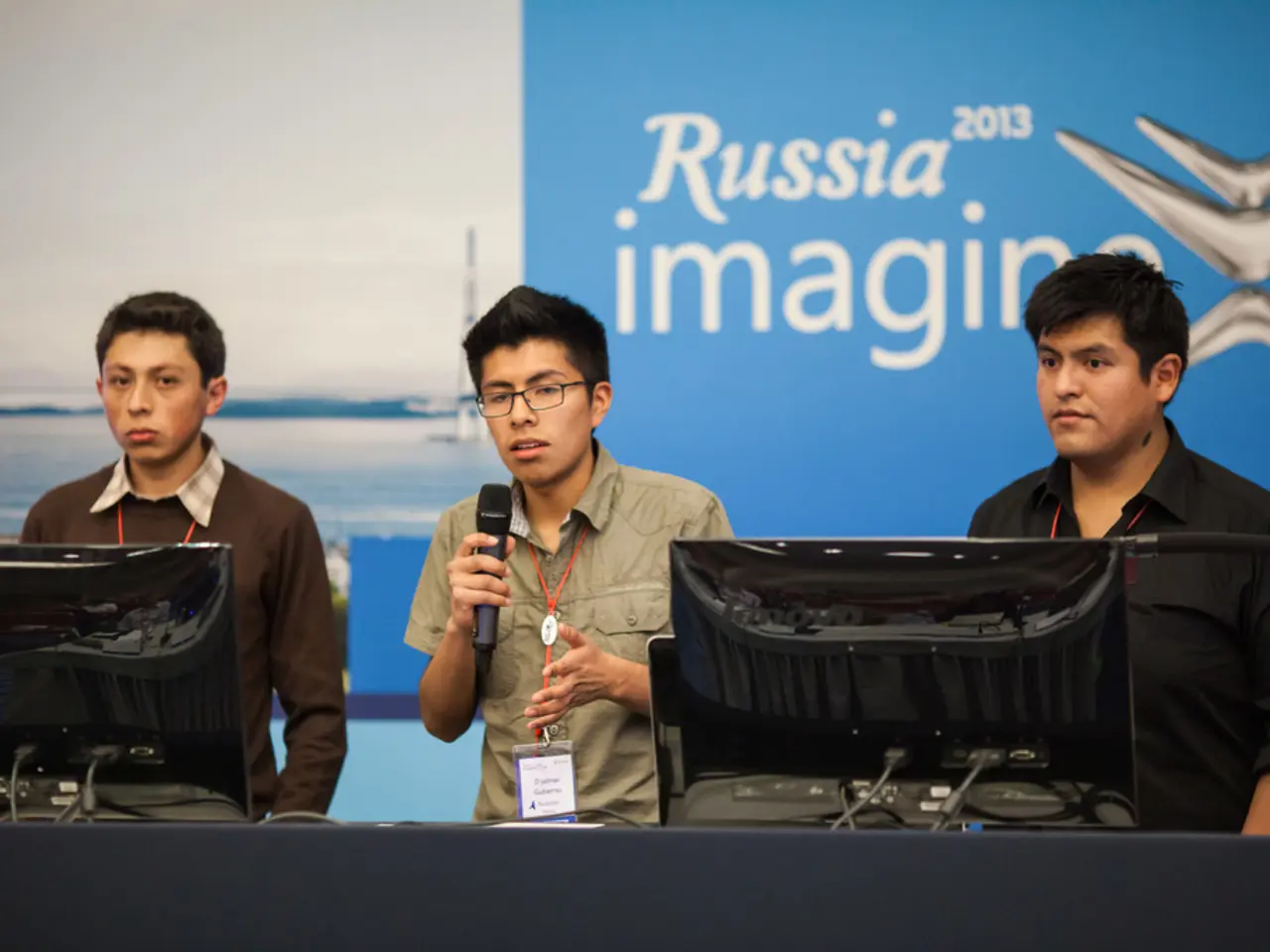DARPA's AI Cyber Challenge Winner: Team Atlanta's "Atlantis"
DARPA aims to transfer the technology from its AI Cyber Challenge toward expanded utilization
The Defense Advanced Research Projects Agency (DARPA) has concluded its AI Cyber Challenge, and the winner is Team Atlanta's "Atlantis". This AI-powered cyber reasoning system, designed to autonomously find and patch software vulnerabilities at scale, particularly in open-source code critical to infrastructure, has made a significant impact in the field of cybersecurity.
Atlantis: An Innovative AI-Powered Cyber Reasoning System
Atlantis integrates fuzzing techniques with advanced large language models (LLMs) to automatically discover vulnerabilities and generate patches without human intervention. During the competition, the AI models collectively uncovered 77% of synthetic vulnerabilities across millions of lines of code and patched 61% of those within an average runtime of 45 minutes.
Performance and Scale
Atlantis demonstrated impressive performance, particularly in its ability to patch real software quickly and cost-effectively. The system found 18 real zero-day vulnerabilities in both C and Java codebases, with significant success patching Java-based zero-days autonomously.
Applications for Cybersecurity in Software and Critical Infrastructure
The potential applications of Atlantis are vast, particularly in the protection of critical infrastructure. By automating vulnerability fixes before exploitation by attackers, these AI systems can target open-source software that underpins vital infrastructure including water treatment plants, power grids, and healthcare systems.
Moreover, by reducing the overwhelming manual workload faced by cybersecurity professionals, these tools can accelerate response to newly discovered threats and improve overall cyber resilience. DARPA is open-sourcing all finalist AI tools, enabling global developers, government agencies, and industry to adopt and further improve these systems for securing software integral to societal functions.
The Future of Automated AI-Driven Software Maintenance
The importance of these systems is emphasized by DARPA officials and allied entities such as ARPA-H. The world's digital infrastructure relies on decades-old software prone to vulnerabilities, and these AI tools represent a leap forward in proactive cybersecurity defenses. The competition outcome signals a future where automated AI-driven software maintenance can reduce the pervasive risks of software flaws in critical systems.
Prizes and Support
The top three teams won $4 million, $3 million, and $1.5 million, respectively. Leading AI companies Anthropic, Google, Microsoft, and OpenAI provided support for the challenge. DARPA and ARPA-H will award an additional $1.4 million in prizes to the finalists to integrate their technology into real-world critical infrastructure-relevant software.
Responsible Disclosure
The findings of the competition are being responsibly disclosed to open source project maintainers. The finalists' software will be made available under a license approved by the Open Source Initiative.
As the AI Cyber Challenge concludes, the future of automated AI-driven software maintenance looks promising in addressing the vulnerabilities in our critical infrastructure.
- The winning AI-powered cyber reasoning system, Atlantis, showcases the potential of artificial-intelligence in improving cybersecurity, particularly in its ability to find and patch software vulnerabilities at scale, especially those in open-source code critical to infrastructure.
- The integration of Atlantis with advanced large language models and fuzzing techniques can revolutionize technology by automating the discovery of vulnerabilities and the generation of patches in software, promoting better cybersecurity and reducing the manual workload of cybersecurity professionals.




